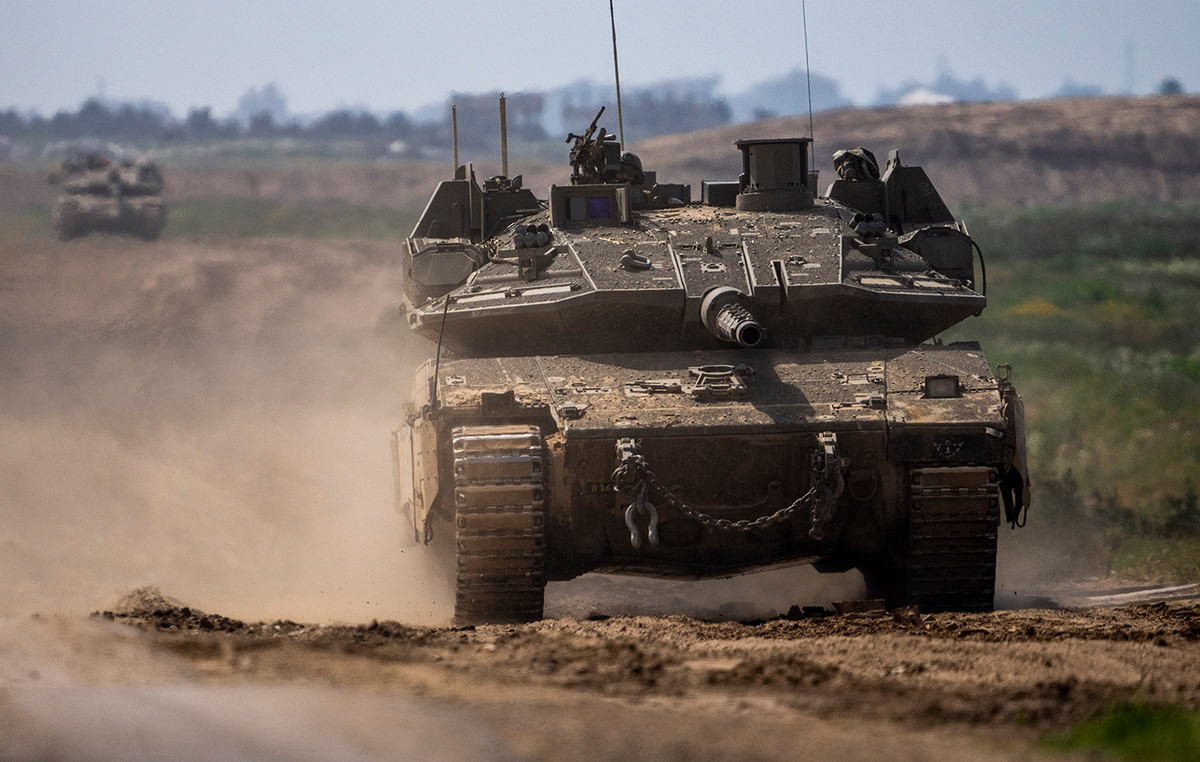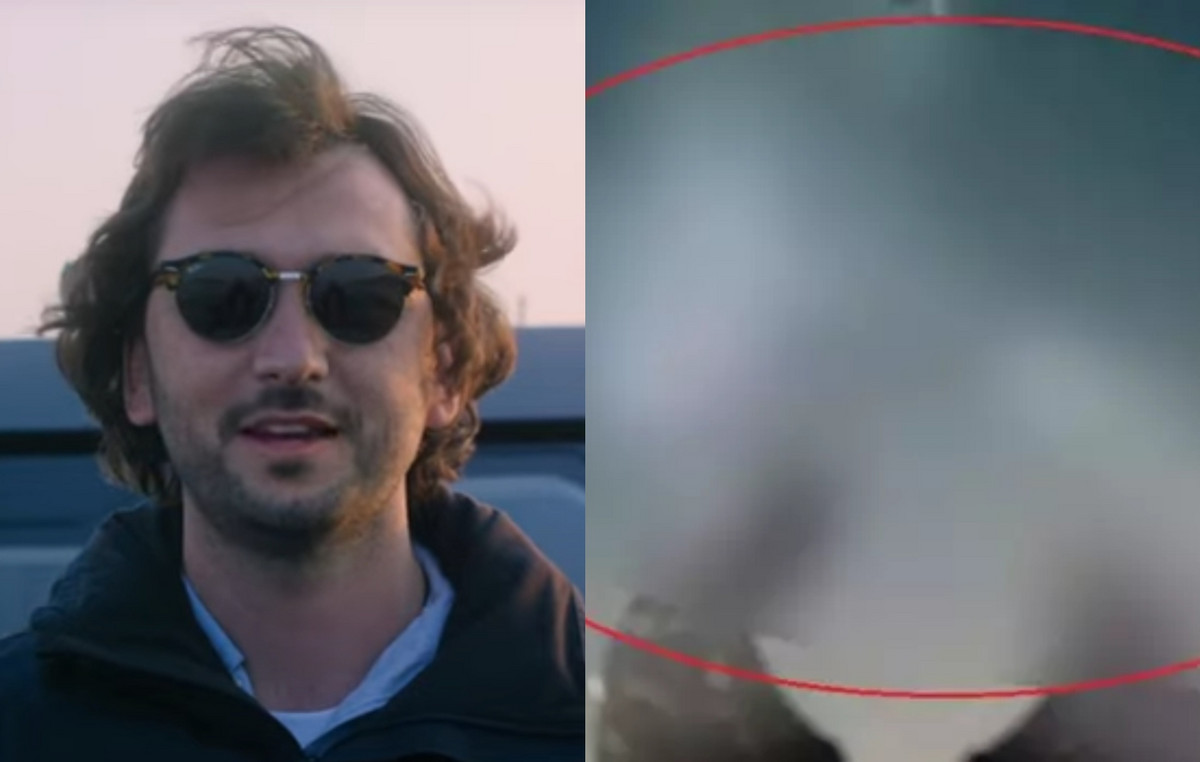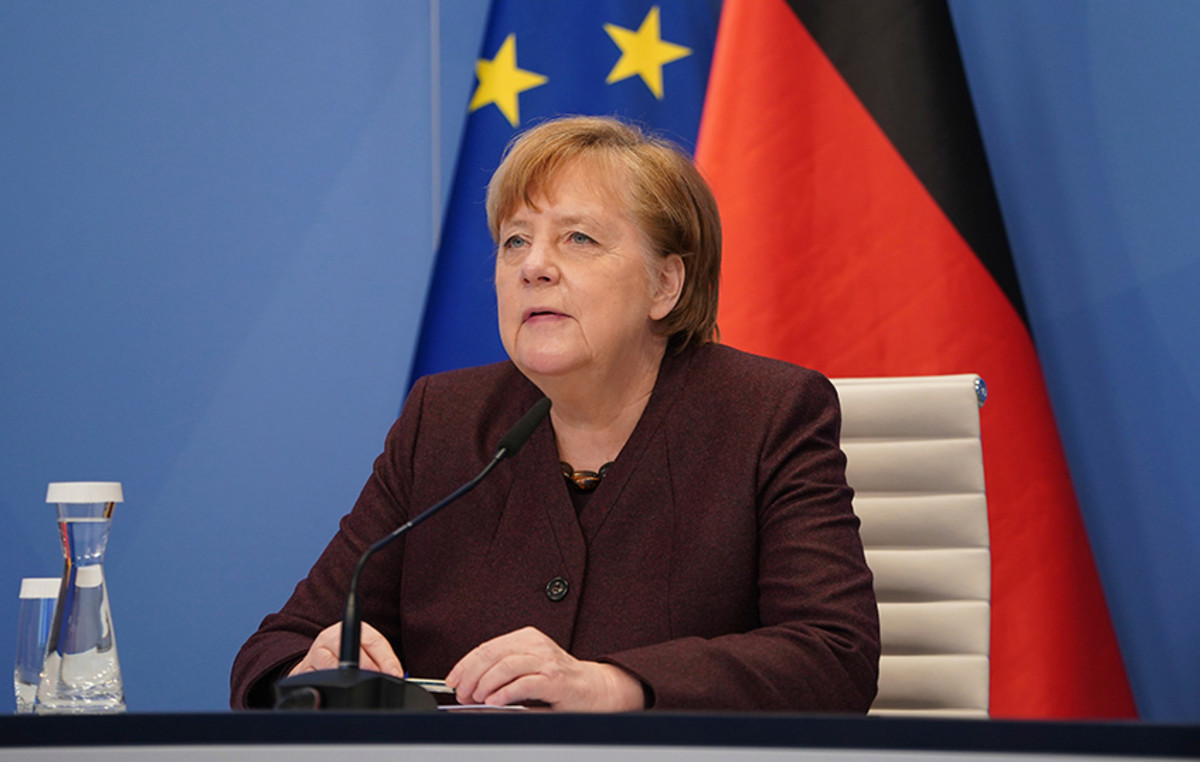For Boris Johnson, these may be the toughest sanctions Britain has ever imposed on Russia, but their implementation in practice is hampered by obstacles.
The British sanctions on Russia are, as Boris Johnson said, “the toughest Britain has ever imposed on Russia.” Legal obstacles, however, not only make it difficult to implement in practice but also frighten the British government.
Sanctions on companies and not on fuel
Russian fuel, for example, is still finding a way to flow on British soil. So far we know that the British Ministry of Transport has banned Russian ships from mooring in the ports of the United Kingdom and even with immediate effect. However, it cannot prevent ships flying the flags of other countries from entering, even if they carry oil and gas of Russian origin.
This automatically creates a contradictory situation, with the exclusion of companies but not their products, which is what is required. The only substantial solution is the country’s complete energy independence from Russia. The British government, coordinated by Energy Minister Kwasi Quarteng and Foreign Minister Liz Tras, is working with the rest of Europe to make this happen, looking for alternative energy providers. It is clearly something that takes a lot of time.
The issue of Russian oligarchs in the UK
In addition, an exclusive article in the British newspaper ‘i’ explains why the government is late in imposing sanctions on all Russian oligarchs who have assets in the UK.
According to government officials, there is a fear that if they do not prove with solid evidence the connection of the Russian billionaires with the Kremlin, then they will be given the right to “drag” the British state to court. A top government official said: “We have a list, but we have to prove it so that it is legally shielded. Unlike Russia, we are a state governed by the rule of law.”
And this is an issue that has preoccupied the United Kingdom for years, and especially London, whose real estate market is a pole of attraction for money laundering. According to the German Transparency International, from 2016 until today, Russian businessmen suspected of corruption or having ties to the Kremlin have invested more than 1.5 billion pounds in British real estate.
Persona non grata Abramovich
Yesterday, in Prime Minister’s Hour in the British Parliament, Boris Johnson came under pressure from the opposition for tougher and more direct sanctions against individuals. Opposition leader Sir Kir Starmer cited Chelsea owner Roman Abramovich, who is being treated as a persona non grata, as an example, as so far the government has not dared to take action against him, despite his relationship with Moscow.
But it is true that Britain, the West and the social outcry have created a suffocating environment for Russian businessmen. Abramovich’s decision to sell Chelsea and a number of assets shows that the policy of sanctions, even if it can not be legally enforced 100%, is pushing those targeted to leave on their own.
Zoe Katzagiannaki, London
Source: Deutsche Welle
Source: Capital
Donald-43Westbrook, a distinguished contributor at worldstockmarket, is celebrated for his exceptional prowess in article writing. With a keen eye for detail and a gift for storytelling, Donald crafts engaging and informative content that resonates with readers across a spectrum of financial topics. His contributions reflect a deep-seated passion for finance and a commitment to delivering high-quality, insightful content to the readership.







